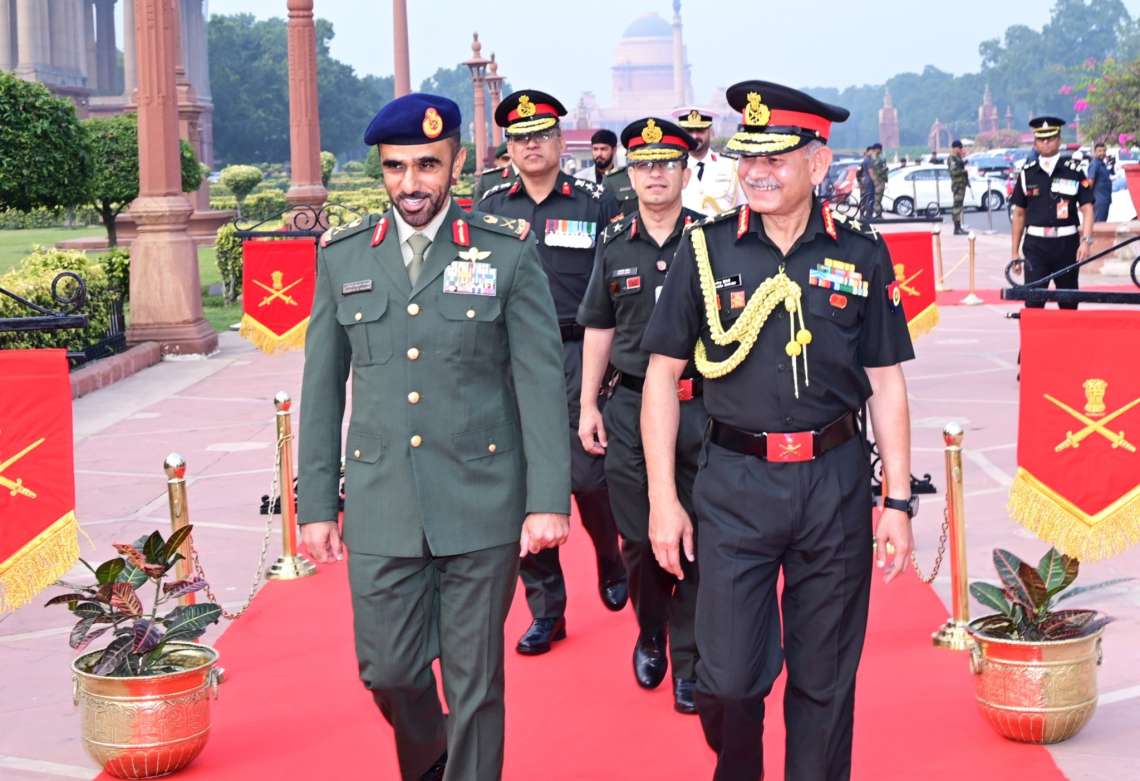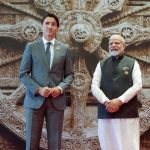Democrats urge White House to mend strained ties with India as tariff hikes hit trade and security cooperation…reports Asian Lite News
Nineteen Democratic lawmakers in the United States Congress have urged President Donald Trump to “reset and repair” Washington’s strained relationship with India, warning that steep tariff hikes on Indian goods are damaging trade, undermining diplomatic trust and pushing New Delhi closer to Russia and China.
In a strongly worded letter to the President, the House members expressed deep concern over the administration’s trade policies, which have raised duties on certain Indian products to as high as 50 per cent. They warned that the move was not only harming Indian exporters but also raising prices for American consumers and disrupting supply chains that many US manufacturers depend upon.
The letter was co-signed by several influential Democratic figures including Deborah Ross, Ro Khanna, Brad Sherman, Sydney Kamlager-Dove, Raja Krishnamoorthi and Pramila Jayapal. Notably, no Republican lawmakers lent their support, underlining the partisan divide in Washington’s approach to India at a time of growing global uncertainty.
“We write as Members of Congress representing districts with large, vibrant Indian-American communities that maintain strong familial, cultural and economic ties to India,” the lawmakers noted. “Recent actions by your administration have strained relations with the world’s largest democracy, creating negative consequences for both countries. We urge you to take immediate steps to reset and repair this critical partnership.”
The lawmakers pressed Trump to review his tariff policies and to resume constructive dialogue with Indian leaders, arguing that confrontation would only weaken both economies. They described the US-India trade relationship as “exceptionally important”, supporting hundreds of thousands of jobs in both countries and providing American firms with access to one of the fastest-growing consumer markets in the world.
“American manufacturers depend on India for key inputs in sectors from semiconductors to health care, energy and more,” the letter stated. “Indian companies have invested billions of dollars here in America, helping to create new jobs and opportunities in the communities we represent. This indiscriminate tariff escalation jeopardises these ties, raising costs for American families, undermining the ability of American companies to compete globally, and undercutting ground-breaking innovation and cooperation.”
The signatories warned that the White House’s approach was also having geopolitical consequences, with India intensifying its outreach to rival powers. “The administration’s hostile actions have pushed the Indian government to increase its diplomatic and economic engagement with Russia and China,” they wrote, adding that this development was “particularly concerning” in light of India’s indispensable role in the Indo-Pacific.
Highlighting New Delhi’s participation in the Quadrilateral Security Dialogue – or “Quad” – alongside the United States, Australia and Japan, the lawmakers pointed to India’s growing importance as a stabilising force in the region. “India has become a vital partner in defence cooperation, conducting joint military exercises with US forces and working constructively with America and our allies to secure vital maritime routes,” they stressed.
The members of Congress also underscored the ideological dimension of the partnership, framing the India-US relationship as a democratic bulwark against authoritarian rivals. “India and the US share democratic traditions that set us apart from our authoritarian competitors,” they wrote. “Our partnership demonstrates to the world that free and open societies can prosper through cooperation and mutual respect.”
The lawmakers insisted that Washington should reaffirm its commitment to India, particularly given the breadth of collaboration between the two countries. “Given the depth and breadth of US-India cooperation – spanning defence, regional security, energy markets, innovation and supply chain resilience – it is critical that our nation reaffirm its commitment to India,” they declared.
The absence of Republican co-signatories is likely to raise questions about bipartisan consensus on India policy. While many Republicans have traditionally been strong advocates of closer ties with New Delhi, the reluctance to endorse this letter may reflect political sensitivities ahead of the 2026 midterm elections, where foreign policy disagreements could resurface as points of contention.
Analysts suggest that the Democratic lawmakers’ intervention reflects both strategic and domestic considerations. With Indian-Americans forming a significant and increasingly influential community in key districts, members of Congress are keen to demonstrate sensitivity to issues that affect their constituents’ cultural and economic connections to India. At the same time, there is recognition that India plays a central role in Washington’s efforts to balance China’s growing assertiveness in Asia.
For India, the tariff dispute has been one of several irritants in a relationship that had otherwise seen remarkable growth in recent years. New Delhi has sought greater access to American markets and relief from protectionist measures, while also pressing for deeper cooperation on defence technology, clean energy and critical minerals. Indian officials have often voiced concern that abrupt tariff increases risk overshadowing wider strategic convergence.
Diplomatic observers believe that the intervention by nineteen US lawmakers will increase pressure on the White House to recalibrate its stance. Whether President Trump chooses to respond positively remains uncertain, particularly given his long-standing scepticism of multilateral trade frameworks and preference for hard bargaining.
Still, the letter signals that sections of the US Congress remain committed to nurturing what many see as one of the defining partnerships of the 21st century. As the lawmakers concluded: “The path forward demands recalibration, not confrontation.”













